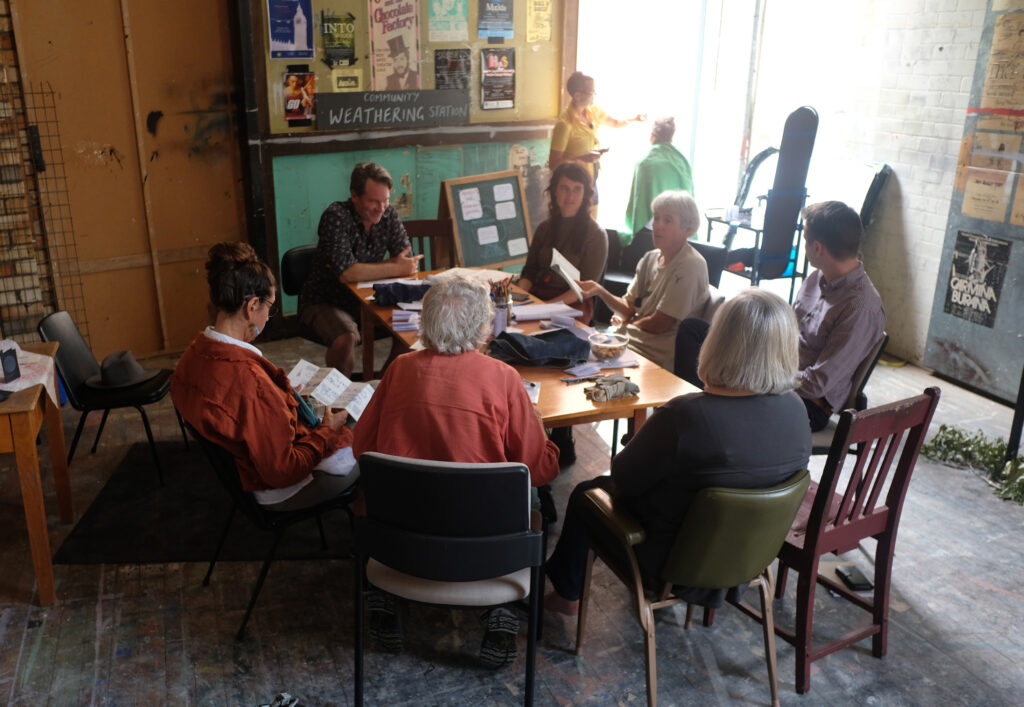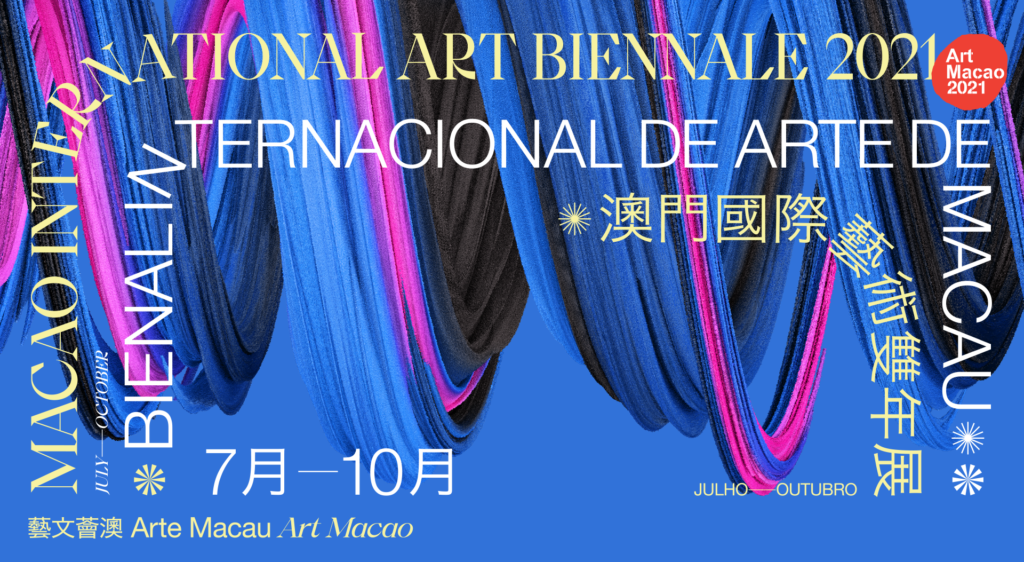
Some months ago I was invited to join Marjetica Potrč’s ‘Design for the Living World’ social design class in Mexico. I worked with them in Belgrade a few years ago, where I was struck by their total immersion of pedagogy with life and social action (they’ve just been nominated for a Visible Award). Potrč and her class were in Mexico this time under the Goethe Institut’s Mexibility cultural program, researching forms of collectivity, solidarity economies and self-organisation.
Part of the trip involved a residency at BEMA, a new arts and cultural space in Querétaro run by architects, sociologists and urban researchers Francisco, Ximena and Chucho, where I made a small book: Micro-Economies of San Francisquito. The book is in three parts, each being the facade of a different fold-out street in the immediate San Francisquito neighbourhood around BEMA. Alongside the drawings are stories (in English and Spanish) of people who live in these houses and use them as semi-public sites of work or collectivity, based on interviews we had already been conducting. The area is one of the oldest in Querétaro, particularly for indigenous Concheros dancers, but is rapidly heading towards gentrification, of which BEMA is of course itself a part. Most residents have spent their whole lives here and know everything that goes on with each other and with newcomers.
The class also built a mobile coffee cart for BEMA to take out and get to know their neighbours a little better. Eduardo the welder and Ismael the local carpenter, both appearing in the book, were commissioned to custom-make components of the cart.
Here is Ismael, who works every day in the street outside the house where he was born, with his kids and their copy of the book. Ismael is skeptical about the future of craft-based skills with the rise of disposable culture and the lack of value given to the handmade.
The book was riso-printed with Maiqo/Aazufre at ATEA artist-run studios in Mexico City, in an edition of 24, most of which were given to the participants who shared their stories (though there are still a couple left here). Mexico happens to be a hotbed of autonomous small-press publishing initiatives – we were lucky to connect with groups like Pensaré Cartoneras and Crater Invertido, and artist-run libraries Aeromoto and Ovnibus (which I wrote about for The Librarium, and where you can also find copies of the book).
Before and after, we spent several weeks in Mexico City working with initiatives like Huerto Roma Verde, a permaculture garden and community knowledge hub, and Palo Alto, the oldest housing co-operative in Mexico, which was established in the 1970s when a sandmine was shut down and the workers, who paid to live in shacks next door to the site, managed to collectively buy their homes.
The results of the project were shown in an exhibition, In Solidarity: Living, Making, Together, at Muca-Roma, as well as within a larger show, Mexibility: We Are in The City, We Cannot Leave It, at Casa del Lago.
————
Thanks to Arts NSW who supported my travel to Mexico, and to amazing hosts BEMA








